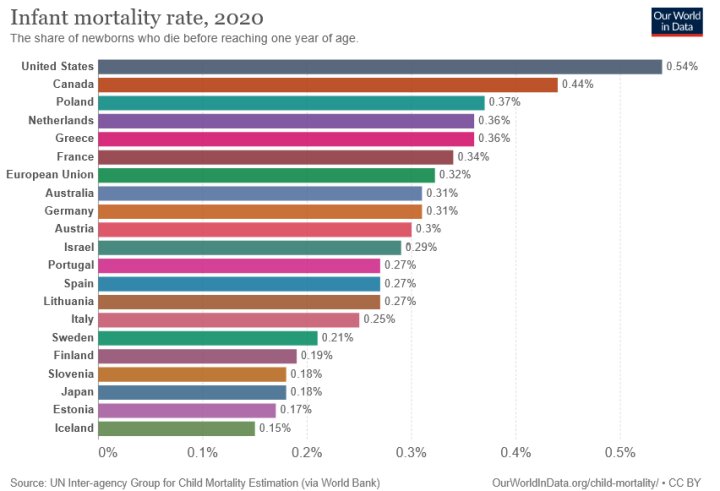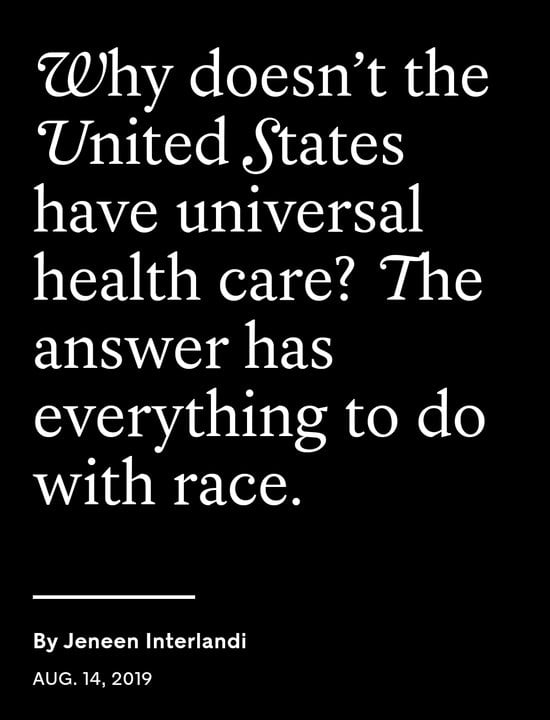America spends $4.9 trillion on healthcare. Suppose the system CAN'T be fixed?
Photo above - Believe it or not, Hong Kong has the highest life expectancy on planet earth. Ten years longer than the USA. I've actually been to HK, and I don't believe it.
I’d love to live as long as they do in the UK. Their life expectancy is 81 years, 6 months. In the USA it’s only 79 years and 7 months. We are constantly reminded of this tragedy, and urged to demand change. (see worldometer link below). Yes . .. I do want that extra 23 months. As long as the government is paying for it with taxes on somebody else, or some corporation.
We are also told to demand lower healthcare costs. America spends $4.9 billion a year. Most of that already comes from the federal government: Medicare, Medicaid, VA healthcare and dozens of subsidiary agencies certifying everything from cough drops to covid 19 masks and vaccines. One third of our healthcare cost is paid by insurance companies. Only 10% of the cost comes out of my own pocket, as co-pays and deductibles. See “NHE fact sheet” link below.
Is there any reason to believe that turning the rest of healthcare over to the government is going to reduce costs? Washington (and the states) already have most of the pie. I’m pretty sure if we surrender all of it to the government, costs are likely to rise. This has been true of almost everything: pentagon procurement, education, weather forecasting, Amtrak . . . you name it.
I believe that if 100% of our healthcare was managed by the US government, the average US lifespan won’t increase by an any significant amount, but I’m not positive. Brits drive less, don't have guns, and when they drink to excess at a soccer match, they take the bus home. So there's that.
The biggest difference between Britain's NHS and America’s kaleidoscope of private and public hospitals is what doctors and nurses get paid. The average earnings for a US doctor are $100,000 higher than a Brit doctor. (Again, there's a link at bottom).
The reason we have to pay our doctors more is because a medical degree in America costs so much more. Harvard Med School is the gold standard - do you want to guess what THAT degree costs? This what people are screaming about: what if the Trump administration reduces research grants to punish ivy league colleges for rampant anti-semitism? Those places will have to charge EVEN MORE for tuition without government dollars.
Ok, not every doctor goes to Harvard. Personally, I have two doctors. One came from India, one from Canada. You see where this is headed? Physicians get educated at much lower cost – or for free – in many countries. Then a bunch of them migrate to the USA as soon as their contractual obligation to the motherland is completed.
Let’s revisit the headline. Suppose this expensive healthcare problem can’t be fixed? Or fixed in a way that doesn’t break something else. Do we want to put the government in charge of all hospitals, and all colleges? Build a wall to prevent migrant doctors from coming to work in the USA? Invest less on development of new drugs? In case anyone forgot, the US government spend $32 billion just one iteration of the Covid vaccine, then vaccinated almost everyone for free. The mortality rate from Covid 19 was identical in both the USA and UK, by the way. (see Wikipedia link below)
Which nation had the lowest Covid mortality? For many countries, the data is bat-shit crazy (pun alert). China claims only 85 deaths per million from the virus – about 2% what the UK and USA experienced. So let’s just look at numbers reported by honest democracies. Japan did the best. Their mortality rate was 10X higher than China though.
Fixing America’s broken healthcare system may depend on things people will object to – vehemently. The Guardian (link below) just published a study that exercise alone (not prescription drugs) was MORE effective in preventing the recurrence of cancer than any doctor prescribed pills and injections. Should this be a new US government mandate? No prescription coverage if you’re a couch potato, and getting door dash fried chicken, pizza tacos, and burgers every day?
I already get more exercise than the average American (or Brit). And I don't eat blood pudding, clotted cream, or steak and kidney pie. Am I going to live longer? Will I pay less? And does the USA want to make lifestyle rules by Presidential executive order, or laws passed by the senate?
I’m just sayin’ . . .
NHE Fact Sheet | CMS
Life Expectancy by Country and in the World (2025) - Worldometer
Doctor Pay by Country 2025
COVID-19 pandemic death rates by country - Wikipedia
Exercise ‘better than drugs’ to stop cancer returning after treatment, trial finds | Cancer | The Guardian

















